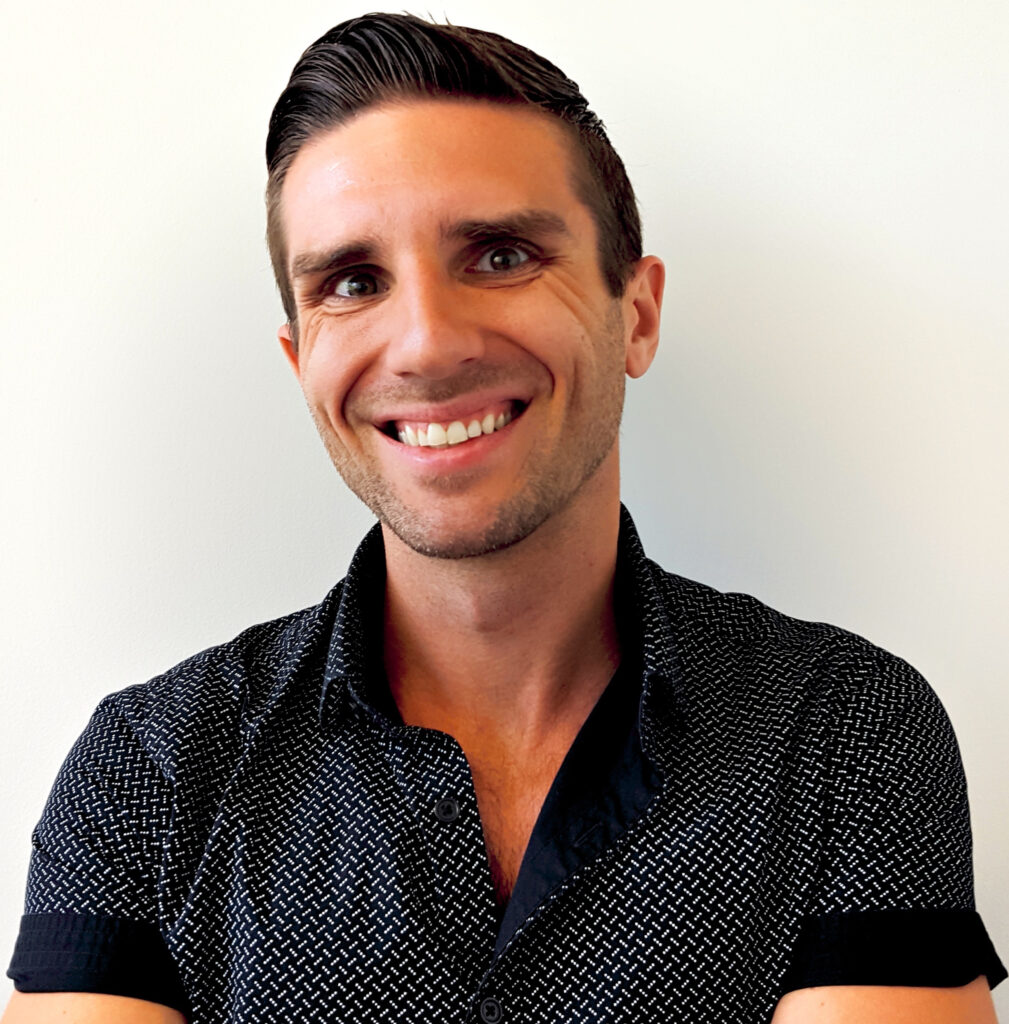CAMARILLO — Looking out for the welfare of older adults is hard enough during a pandemic, to say nothing of the holiday season with its increased risk of loneliness and isolation.
According to research conducted by CSU Channel Islands (CSUCI) Assistant Professor of Health Science Ronald Berkowsky, Ph.D., investigating the impacts of elder mistreatment should go beyond assessing physical safety and mental health. Berkowsky’s research suggests that elder advocates should consider how well older Americans are doing in terms of human potential issues such as self-worth, sense of purpose, autonomy, and positive relationships.
“Traditionally, across the U.S. population, including with older adults, we think of mental health as something that is diagnosable, like a mood disorder, anxiety, or depression,” Berkowsky said. “There is an emerging scholarship that focuses less on diagnosable disorders and looks more at well-being.”
Another word for it? Eudaimonic issues. That means, rather than looking at activities that derive pleasure, health professionals look at issues that contribute to qualities like self-actualization and purpose for older adults.
Berkowsky based his research on theories put forward by University of Wisconsin-Madison psychologist and academic Carol Ryff, Ph.D., who directs the Institute on Aging at the University of Wisconsin Madison.
“When we look at how we conceptualize happiness and life satisfaction, we have a hedonistic way of looking at it,” Berkowsky said. “She proposes that rather than looking at happiness from a hedonistic perspective, we should look at it from a eudaimonic perspective and consider things like self-realization and individual human development.”
Extensive research had been done looking at the link between elder mistreatment and mental and physical health in older adults, but Berkowsky was surprised to see that little had been done on the relationship between elder mistreatment and eudaimonic well-being, so he made that the focus of his research.
Berkowsky analyzed data from the Wisconsin Longitudinal Study (WLS), a long-term research project in which a random sample of 10,317 men and women who graduated from Wisconsin high schools in 1957 were interviewed, then re-interviewed every couple of years. Berkowsky looked at data from 2011, when they all would have turned at least 65. The WLS, which is still ongoing, is supported by the Behavioral and Social Research Program of the National Institute on Aging.
Berkowsky discovered that victims of elder mistreatment also scored low on eudaimonic issues such as mastery of over their lives and surroundings, personal growth, positive relationships with others, purpose, and self-acceptance. These findings have implications for older adult health, as previous research suggests people with lower eudanomic levels had higher risk of physical illness and higher levels of depression and anxiety whereas those with a high level of eudanomic well-being tended to be more physically and mentally resilient.
Elder mistreatment can include physical, sexual, or emotional abuse, financial exploitation, neglect, abandonment, or self-neglect. The data Berkowsky analyzed was collected before the pandemic, but he believes a focus on elder mistreatment is especially relevant during the COVID-19 pandemic when adults 65+ could be isolated or lonely.
“If you look at publications and research on elder mistreatment, they are unanimous in saying that the COVID-19 pandemic puts older adults at greater risk for mistreatment or abuse,” Berkowsky said. “It’s possible we will discover there was an increase in elder mistreatment when the pandemic subsides. We’ll have to see what the data look like.”
Berkowsky’s findings were published in the International Journal of Environmental Research and Public Health. He hopes his research will help with the design of programs targeting elder mistreatment to help older Americans not just live without abuse, but to thrive.
To read more about the study, click on: https://www.mdpi.com/1660-4601/17/20/7525/htm.
About California State University Channel Islands — CSU Channel Islands (CSUCI) is reimagining higher education for a new generation and era. We are an innovative higher education institution that enables students to succeed and thrive – serving as an engine for social and economic vitality that provides the intellectual resources necessary for a thriving democracy. With more than 7,000 students, 1,200 employees and 14,000 alumni, CSUCI is poised to grow in size and distinction, while maintaining one of the most student-focused learning environments in public higher education. Connect with and learn more by visiting www.csuci.edu or CSUCI’s Social Media.

